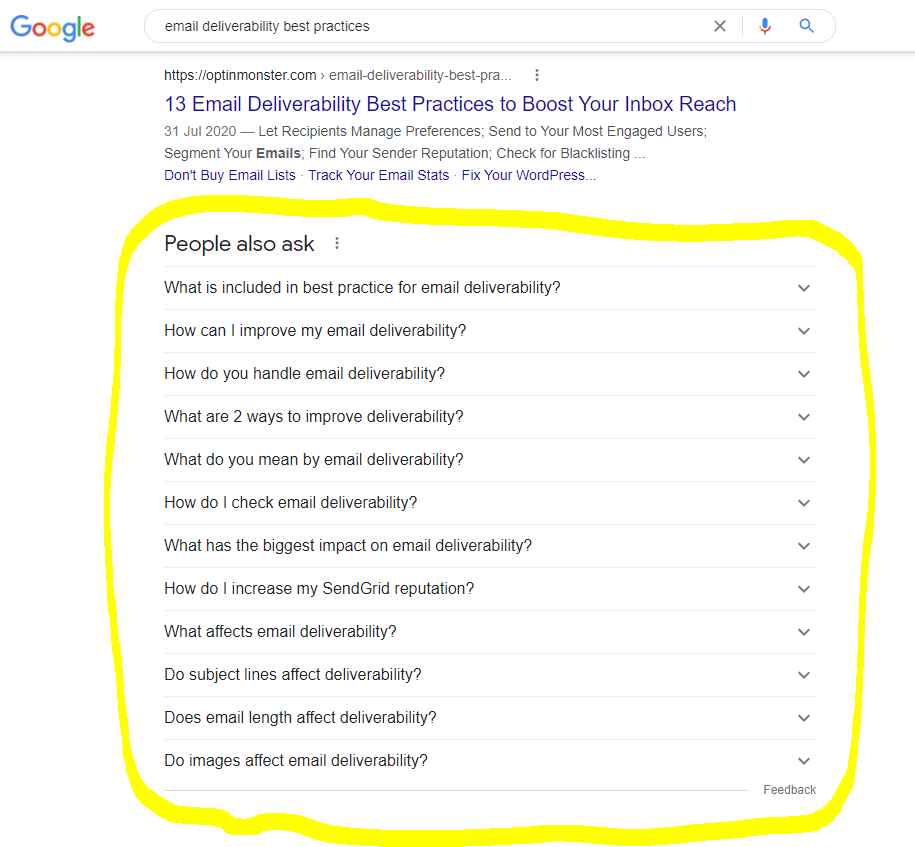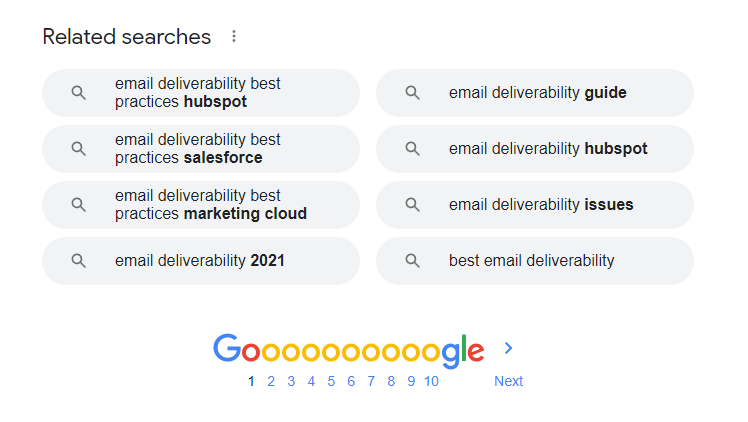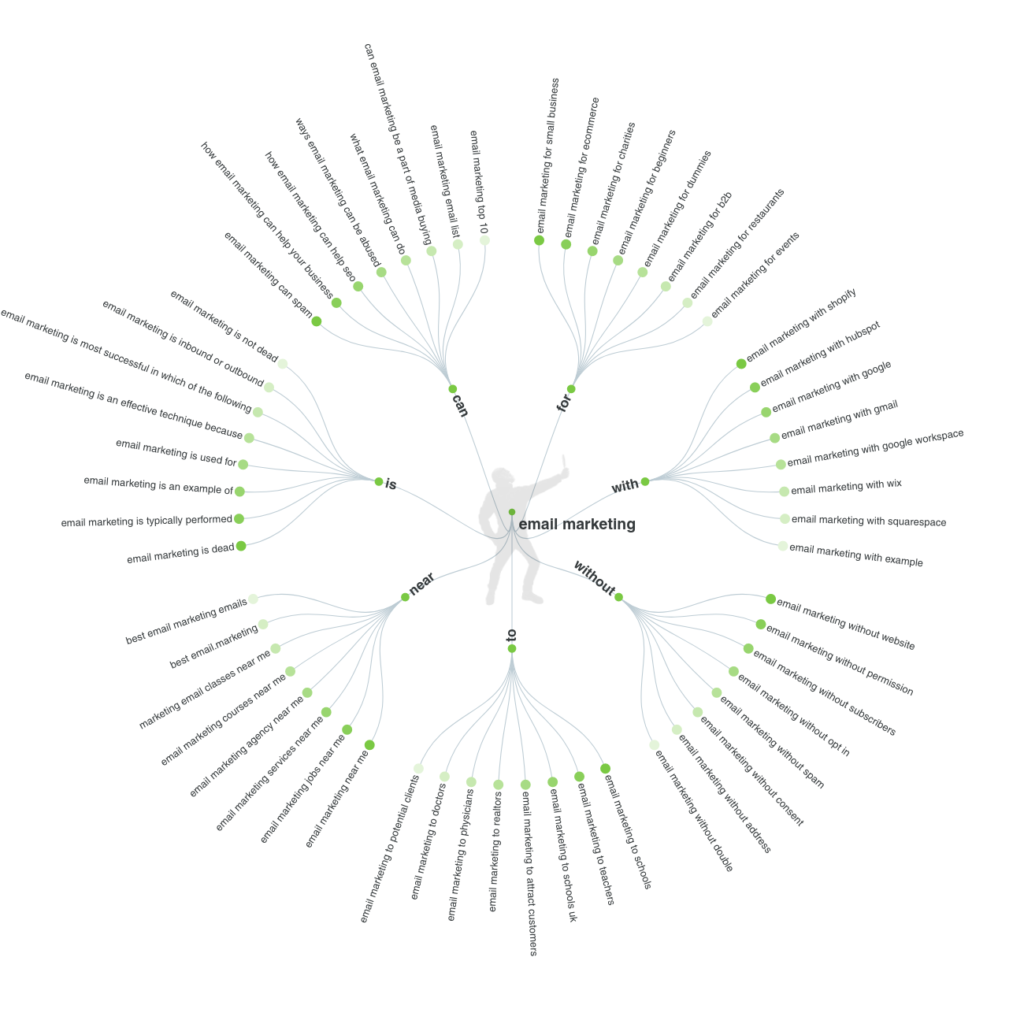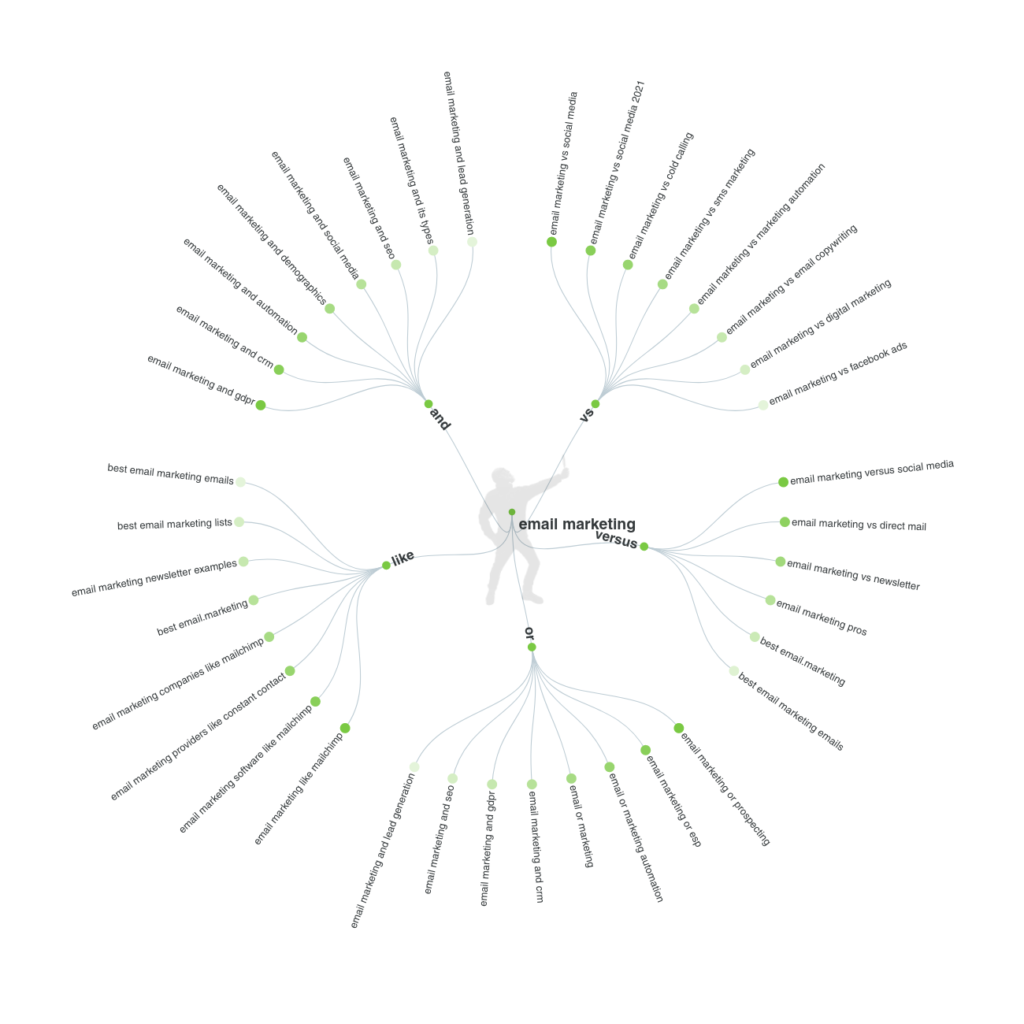In todays blog post we’re going to explore one of the most important SEO factors in 2022 – and that’s topical authority.
But What is Topical Authority and Why Does it Matter?
In a nutshell “topical authority” is where you can position yourself (your blog or website) as an authority on a specific topic to Google.
When you achieve that you’ll find that your website traffic explodes and that your future content and posts rank much higher and faster.
But of course, there’s more to it than that.
Not only do you have to provide answers to almost EVERY question asked on the internet about your topic, you also have to structure your content the right way, and also interlink your content so that it increases the user experience for your visitors, and allows them to dig deeper into the topic – keeping them on your website for longer.
First of all – Let me backtrack and try and explain a little further on what topical authority is.
Let’s say there are TWO different websites.
The first website is about internet marketing and on this website there is a great post about “Email Marketing” that contains lots of valuable information.
However, on this website there are also posts about video marketing, social media, affiliate marketing, and so on.
The second website is all about “Email Marketing” and it only contains information on all things closely related to email marketing. For example, let’s say there are posts on open rates, deliverability, soft / hard bounces, email segmentation, email automation rules, list cleaning, spam complaints etc.
Which of those websites would likely be seen as an authority on the topic of email marketing?
The second one, right?
That’s what topical authority is – It’s about focusing on a single topic (in a fairly broad sense) rather than multiple topics.
All of your information needs to be related to the one ‘core’ topic. In the example given above, this would of course be “email marketing”.
When Google see’s this, it will place your website higher in their search results and send more visitors to your website.
It’ll essentially rank most of your posts and pages higher for their respective keywords (and relational keywords).
Interlinking and Content Clusters
There are two important aspects of topical authority that you need to understand. These are interlinking your content and posts, and ‘content clusters’.
Let me give you an example to try and explain a little better.
Let’s say that you want to create a post on your website about ’email deliverability’ and that you want to rank that post for the keyword “email deliverability best practices”.
This is What You Would Need to Do
- You would need to have a website or blog that is themed around the topic of “email marketing”.
- You would create a high quality, well structured, informative “pillar” post tightly related to “email deliverability best practices”.
- You would create a number of shorter posts that provide additional information on the various factors that help people to get better deliverability for their marketing emails. Posts about “list cleaning”, “email authentication”, “hard bounces”, “spam complaints” etc.
- You would then link to these shorter posts from your main pillar post allowing your visitors to delve deeper and get a more in-depth answer to their question.
By doing the above you’re essentially creating a “Content Cluster” and this is what Google LOVES in 2022.
It helps to provide their searchers with a competent, substantial answer to their question – and massively increases their user experience.
At the end of the day, that’s Googles job! So they will always favour websites that can provide their users with the best answers, and best user experience.
Answer As Many Questions As Possible Within Your Content
In order to achieve topical authority with your website or blog it’s important that is answers as many questions on your topic as possible. That’s how your website WILL become an authority within Googles eyes.
There’s many sources where you can find content ideas based on what people search for. Two of which are the Google search page itself, and also a free website called answerthepublic.com.
Getting Content Ideas from Google
If you head over to Google and enter a search term that is closely related to what you want to rank for, you’ll see TWO different areas that will contain ideas.
The first one is the “People also ask” section that will present you with related searches / questions that people type into Google.
You can click on the little down-arrow icons to the right of each question, and Google will show you additional questions. Repeat this a few times to collate a good number of topical content ideas for your content cluster.
The second area of the Google search page is the “Related searches” section towards the bottom of the search page. These are also the same as the suggestions presented in the search bar (Google Suggest). *See below.
Optionally, a website called answerthepublic.com will generate some lovely ‘content maps’ for you based on any keyword.
This is a great way to plan out your content for an entire website, or even a ‘content cluster’.
It presents you with a number of different maps which can be viewed either visually or in a standard ‘data format’. *See below.
Of course, gaining topical authority for your niche requires you to create LOTS of quality, unique content. I’d highly recommend a software called Copywriterr to do this as it will automatically write content for you on any topic – and as it uses A.I. and machine learning it’s almost limitless with regards to what it can write.
It’ll certainly save you countless hours / days of writing, or save you a ton of money as you won’t need to outsource your content writing.
If you enjoyed this post and got some value from it… and would like to see more posts like this – Leave me a comment below and tell me.
To your success
Andy Black



